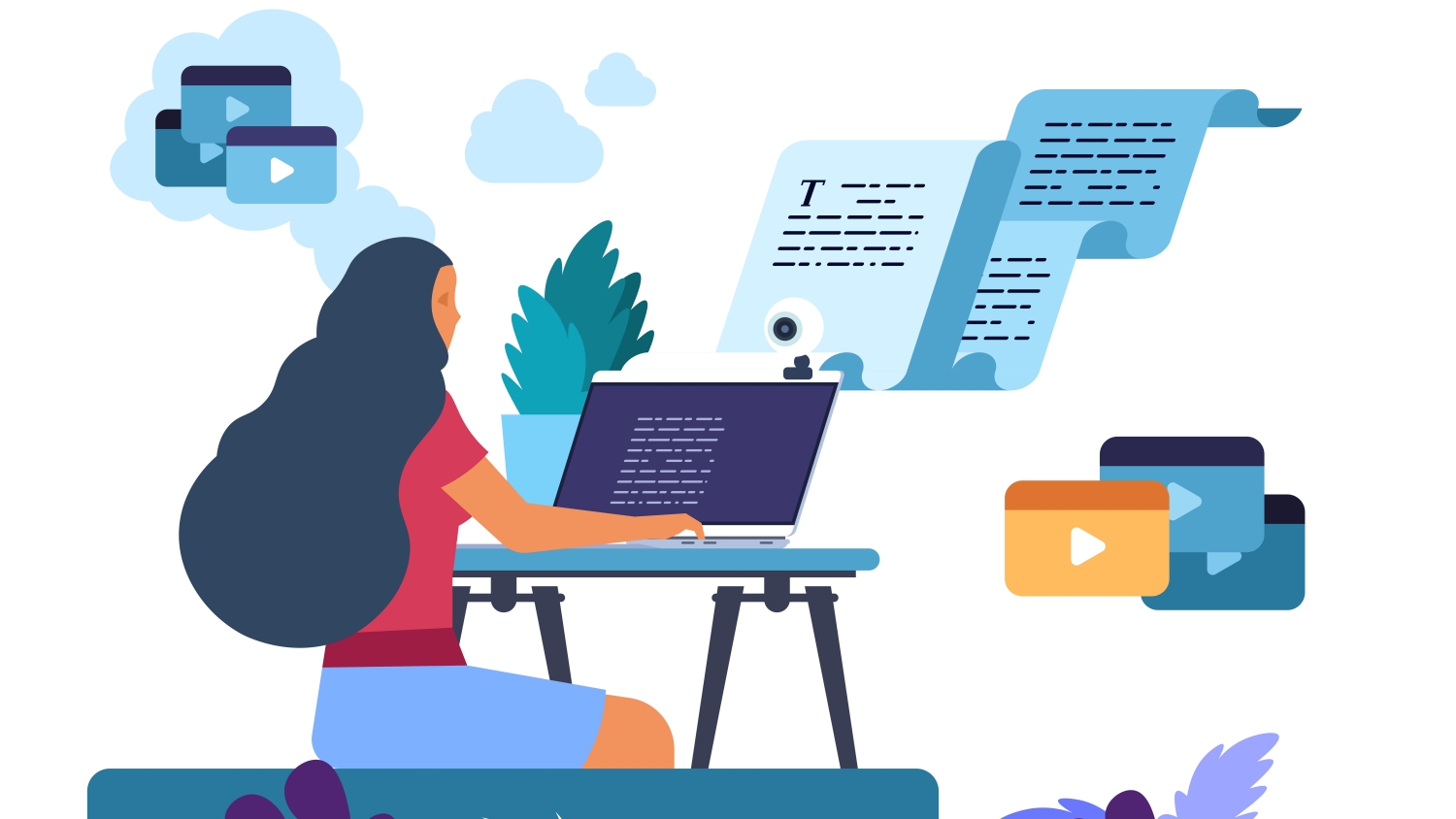Disruptive innovations. I’ve written so many stories about Vietnamese startups that I sometimes hallucinate about these words. I’ve listened to young entrepreneurs talk so passionately about how they want to change the way the world works.
Modern technologies are what drive society forward. I bet my fellow millennials no longer remember what life was like before touchscreen smartphones or the first (and last time) they withdrew money from a bank teller.
Then there’s the growing prominence (and soon, dominance) of robot baristas and waitstaff. Many tech experts say they are very efficient in their jobs.
These are world-changing inventions. And millions more will be known to humanity in the next few years. But I wonder: How much of these changes disrupt human lives — and to what extent?
An informative piece published by Global Female Leaders in 2018 noted that robots have taken over human jobs. According to a survey, 30% of UK jobs are potentially threatened by advances in Artificial Intelligence. At the same time, 38% of US jobs have a “high risk” of becoming obsolete by 2030.
I’ll be honest, though. While I questioned what happened to the bank clerks who lost their jobs when ATMs were introduced or how many factory workers were laid off when automated productions were implemented, I also thought these changes were part of societal evolution. Some specific industries and jobs must undergo a complete digital transformation to keep up with the times.
But not my job. Or so I thought.

The death of writers. Or not
When I was first told to test out generative AI in producing content in November — weeks before the public launch of the ultra-popular ChatGPT — my immediate reaction was: “This will be the death of writers; the death of us.” My colleague responded, “I know, right?”
The traditional journalist in me didn’t believe such a digital tool could write a full-length article worth publishing on a legit news website. I retaliated and said fact-checking and plagiarism would be a big problem. ChatGPT had already answered this in December.
The AI-based text generator created by San Francisco-based OpenAI is on track to becoming one of the most popular apps of all time, reaching over 100 million users just two months after launch. It’s gotten equal amounts of praise and criticism from tech experts, academics, researchers, and ordinary users.
There is an ongoing discourse about its impact on content writers. When an AI is readily available to write a 300-word article for less than a minute, why would the media industry still hire human writers who take not less than three hours to publish a story?
On Tuesday, I tested out ChatGPT for the first time. After a couple of minutes of “ChatGPT is at capacity right now,” I was finally able to log in and did something I dreaded doing. I asked the chatbot to do an article I plan on writing for Valentine’s Day: Prevalence of Interracial Relationships in Vietnam. It only took the app one minute and two seconds to produce a 388-word article. And it gave me different worded essays every time I clicked “Regenerate Response.”
(Note that ChatGPT is not available in Vietnam as of this writing. I used the Opera browser to create an account.)

I am doomed. It takes me at least two hours and a cup of ca phe mocha to do extensive research or be on LinkedIn/Google Meet for interviews before I open Google Docs and start typing. Even then, I’d simultaneously open a dozen tabs for additional research. I need another hour or two for editing.
The ChatGPT-generated article was okay. Would I have written the same thing? Some parts, probably. It even included comprehensive arguments on why interracial relationships work and why they sometimes don’t.
But here’s what I noticed — the article was monotonous. While its developers insist the chatbot writes human-sounding essays, it used the same tone and phrasing even when it’s highlighting a point. It also did not cite specific sources for parts that clearly needed such. Nor did it have a “human story” for an article about human relationships.
Is ChatGPT capable of including direct quotes from real people? I don’t think so.
I’d like to believe this is where I – a human writer – have the upper hand. Human content writers have the ability to reach out to people relevant to the stories we write and evoke emotions with how we structure each paragraph.
After all, it’s the emotions we build that truly connect us to our readers — who are also very much humans.
As I’m writing this, I keep thinking about whether or not ChatGPT or whatever generative AI there is can better put into words the confusing emotions I feel about the massive disruptions this innovation brings. If an AI tool had written this story, it wouldn’t have taken five hours to type the 777th word of this piece.
Ironically, to get reassurance that the existence of content writers still matters, I asked the very thing that’s making me question it: ChatGPT.

